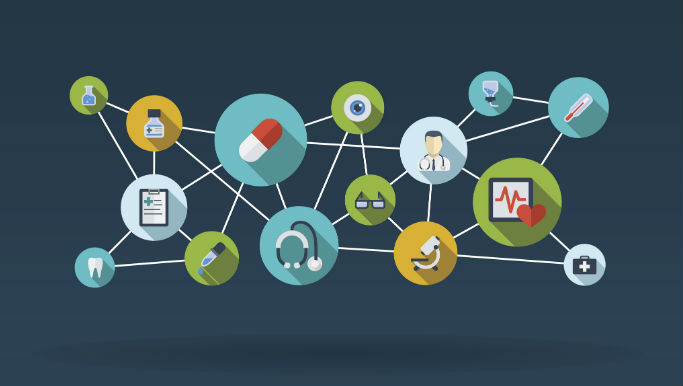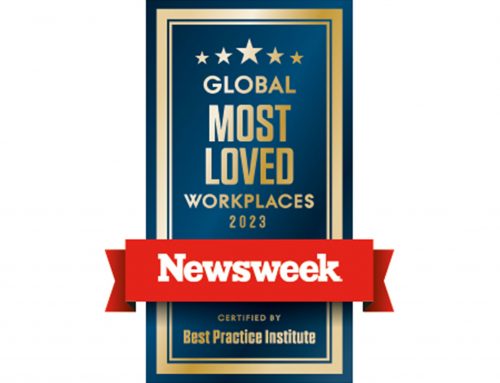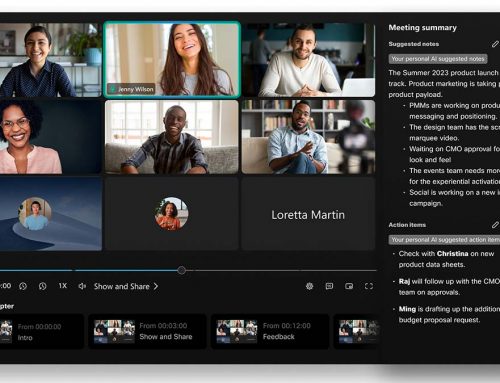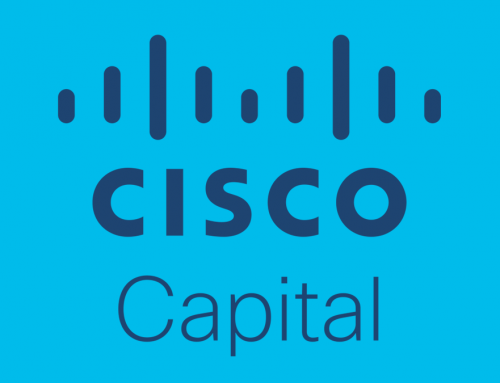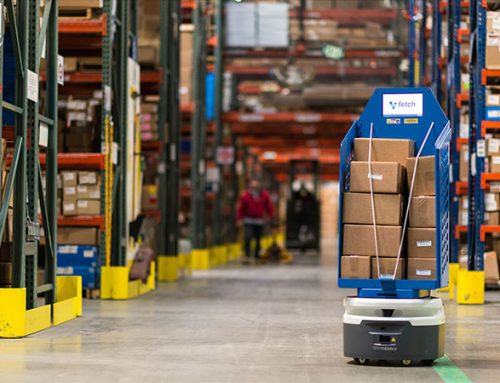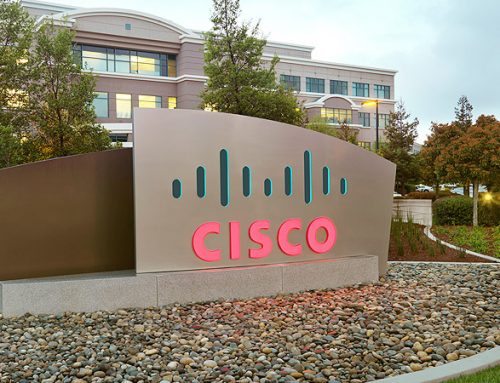- BOURNE END, England – April 17, 2023 – Zebra Technologies Corporation (NASDAQ: ZBRA), a leading digital solution provider enabling businesses to intelligently connect data, assets, and people, says that healthcare leaders across Europe are facing a ‘triple squeeze’ of accelerated digitisation, staff burnout, and an aging population.
“Following the lessons learned from the pandemic, the healthcare industry in Germany now needs to look strategically at these three key challenges and the tools needed by healthcare professionals to ensure front-line workers are resilient, and patient care is protected in the long-term,” said Thomas Duparque, Healthcare Practice Lead, EMEA, Zebra Technologies. His comments come ahead of Zebra’s attendance at DMEA, a major digital healthcare industry event held on 25-27 April in Berlin, Germany.
Accelerated Digitisation in Germany
The digitisation of healthcare in Germany is being driven by a raft of new legislation. The Patient Data Protection Act (PDSG) covers electronic patient files, e-prescriptions, and digitised referrals, while the Digital Supply Act focuses on digital health apps, online consultations and e-prescriptions. The Hospital Future Act (KHZG) creates a €4.3 billion fund for patient portals, electronic documentation of care and treatment services, digital medication management, IT security measures and cross-sector telemedical network structures. The funding can also be used to introduce or improve telemedicine, robotics and high-tech medicine. The digitalisation status of hospitals will be evaluated in 2023, with the possibility of penalties imposed on hospitals which fail to introduce digital services eligible for funding by 2025.Hospitals across the European Union (EU) are also implementing the digitisation needed to comply with the 2026 deadline for mandatory compliance for Unique Device Identification (UDI) data entry into the European Database on Medical Devices (EUDAMED).
Staff Burnout
Workloads and the cost-of-living crisis have sparked walkouts and strike action among healthcare workers who seek pay increases and better working conditions. According to Zebra’s Healthcare Vision Study, about two-thirds of clinicians and nearly 70% of decision-makers agree that physicians and caregivers are overextended during their shifts. McKinsey’s global nursing survey revealed that in five out of seven countries surveyed, between 20-38% of respondents said they wanted to leave their current direct-patient-care role.Longevity: Achievement and Challenge
In 2022, more than one fifth (21.1 %) of the EU population was aged 65 and over, according to Eurostat. The median age of the EU’s population is increasing; it was 44.4 years on 1 January 2022. According to United Nations reports, Europe is the oldest region in the world by demographic age and has a shrinking working age population. While longevity is an achievement of modern healthcare, there are also related health challenges.“We saw how older people were among those worst affected by the pandemic, and according to the World Health Organistion, common conditions in older age include hearing loss, cataracts, osteoarthritis, chronic obstructive pulmonary disease, diabetes, depression, dementia, and geriatric syndromes,” said Duparque. “These health problems require intervention by doctors, nurses and other specialist and ancillary support staff, presenting an additional and often complex scenario for an already overstretched workforce.”
Triple Solution is Needed
Turning again to the lessons of the pandemic, Duparque notes that technology adoption became more of a priority and sets out a multi-tiered approach to better support healthcare workers, with many of these solutions being showcased by the Zebra healthcare team at DMEA.First, hospitals need to move away from a ‘consumer device is good enough’ mentality. Poor quality scanning, inability to withstand repeated disinfecting and wiping, shorter and diminishing battery life, multiplication of third-party apps, security concerns, and increased susceptibility to breaks and cracked screens make them a poor choice. Doctors, nurses and patients deserve specialised handheld computers and tablets purpose built for healthcare settings with features designed with healthcare users in mind.
Second, radio frequency identification (RFID), barcoding, and real-time location and tracking solutions should be used to track and locate patients, medical equipment, specimens and anything else that’s important and likely to move around a hospital. Time can be wasted looking for needed items and during patient and shift handovers. Sometimes, every second counts and mistakes must be avoided.
Third, improved communication can be achieved among staff and patients using healthcare mobile computing. Nurses shouldn’t be isolated or unable to access the information or advice they need on the spot. Wi-Fi 6 and 5G connectivity, Bluetooth, walkie talkie calls, instant messaging, high-quality touch screens, cameras and mics and the ability to quickly access and share patient records and treatment notes should be a normal and standard expectation.
DMEA attendees and members of the media are invited to meet Zebra’s DACH healthcare team and partners at DMEA for healthcare solution demonstrations, customer success stories, and media interviews.KEY TAKEAWAYS
- Zebra healthcare leader Thomas Duparque says healthcare professionals in Germany face a ‘triple squeeze’ of accelerated digitisation, staff burnout, and an aging population.
- Working with specialised healthcare technology, better track and trace systems, and enhanced communication all help healthcare professionals face the challenges before them.
- Healthcare leaders should continue to learn the lessons of the pandemic and increase efforts to use technology to support front-line workers and help ensure better patient care by developing new care delivery models.
ABOUT ZEBRA TECHNOLOGIES
Zebra (NASDAQ: ZBRA) helps organizations monitor, anticipate, and accelerate workflows by empowering their frontline and ensuring that everyone and everything is visible, connected and fully optimized. Our award-winning portfolio spans software to innovations in robotics, machine vision, automation and digital decisioning, all backed by a +50-year legacy in scanning, track-and-trace and mobile computing solutions. With an ecosystem of 10,000 partners across more than 100 countries, Zebra’s customers include over 80% of the Fortune 500. Newsweek recently recognized Zebra as one of America’s Most Loved Workplaces and Greatest Workplaces for Diversity, and we are on Fast Company’s list of the Best Workplaces for Innovators. Learn more at www.zebra.com or sign up for news alerts. Follow Zebra’s Your Edge blog, LinkedIn, Twitter and Facebook, and check out our Story Hub: Zebra Perspectives.Media Contact:
Archetype PR London
[email protected]Daniel Blackman
Zebra Technologies
+44 (0) 7408 864 597
[email protected]Industry Analyst Contact:
Kasia Fahmy
Zebra Technologies
+1-224-306-8654
[email protected]ZEBRA and the stylized Zebra head are trademarks of Zebra Technologies Corp., registered in many jurisdictions worldwide. All other trademarks are the property of their respective owners. ©2023 Zebra Technologies Corp. and/or its affiliates.

